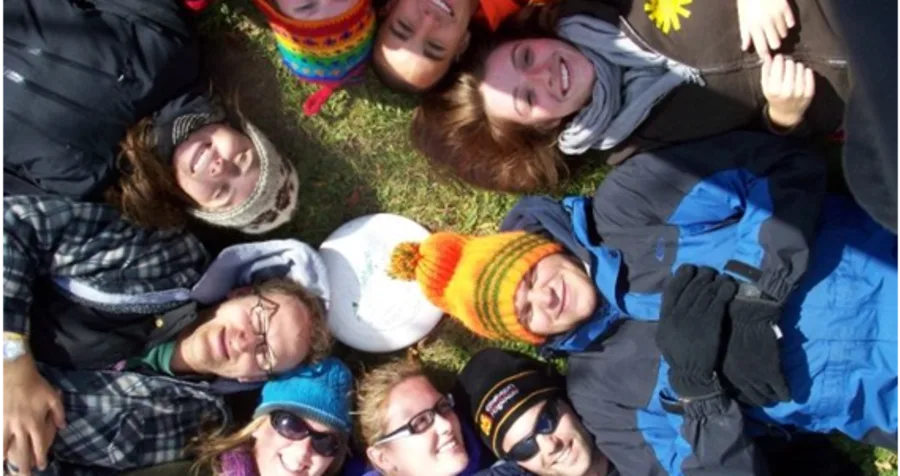The four motivations of engaged volunteers

Volunteering needs to be rewarding and stimulating. But for staff who work with volunteers, it’s important to not assume that what motivates us will be the same as what motivates our volunteers. Research shows that happiness is what makes people productive, so as we build relationships with our volunteers, it’s important to ask them, “Are you happy with the volunteer work that you are doing? Is there something else you would rather be doing?”
Staff can create a positive environment for volunteers by first realizing that each individual has unique feelings, motives, and ambitions. Understanding these motivations can help volunteers find the ideal role, or provide them with the perfect challenge in the role they are already in.
Here are the four main motivations of volunteers:
- Achievement
A person motivated by achievement is looking for situations in which they can excel; they may want to out-perform others, or strive to do better for themselves. Provide challenging tasks for these volunteers, ask them to create new materials, or give them leadership roles. Talk to them about their performance and give them clear feedback so that they feel recognized and appreciated.
- Power
A person motivated by power will seek to influence others and are ideal change agents. Volunteer roles with high visibility and leadership, such as group fitness leaders, workshop presenters, or advisory roles will keep them happy and thriving.
- Affiliation
Volunteers motivated by affiliation enjoy being around other people. They want to build friendships and interact with others, so allow plenty of time for them to socialize — perhaps on committees or as a team — or lead a class so they may enjoy meeting a wide spectrum of new people.
- Altruism
An altruistic volunteer is motivated by ideals and values that benefit society for the greater good. Many volunteers wish to support the YMCA, which is driven by values and a mission to be home to the healthiest children, teens and young adults. Volunteer roles in our research, immigrant services or international departments would attract this highly committed individual.
Creating a positive environment for our volunteers, by recognizing their unique motivations and respecting them as individuals, is a vital step in fostering a successful partnership.










